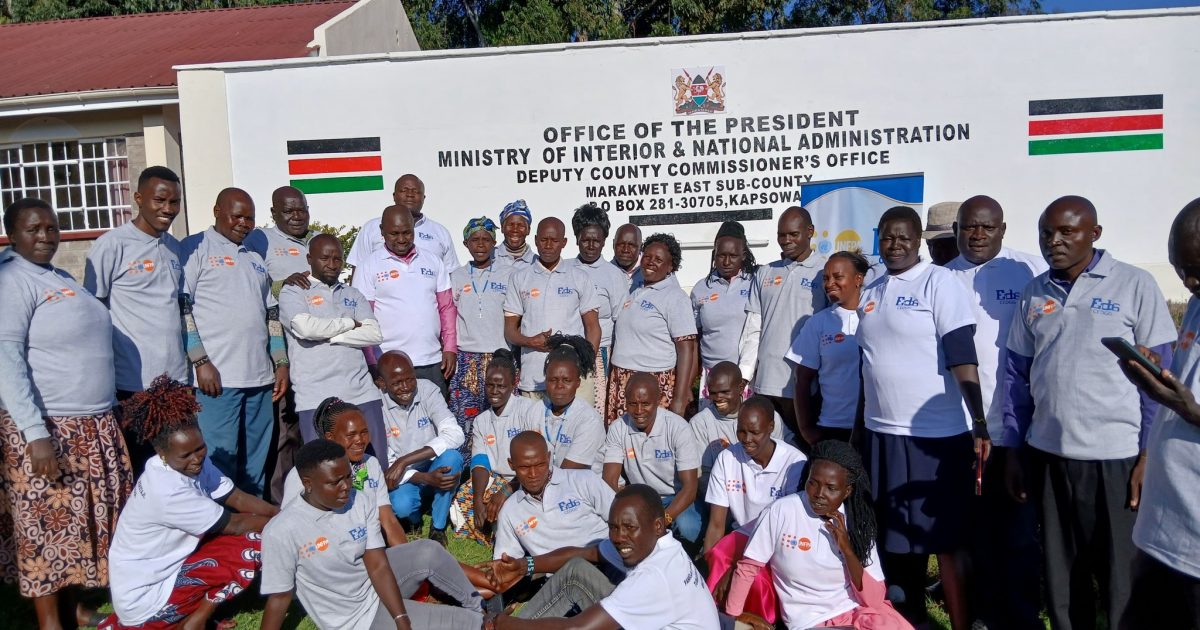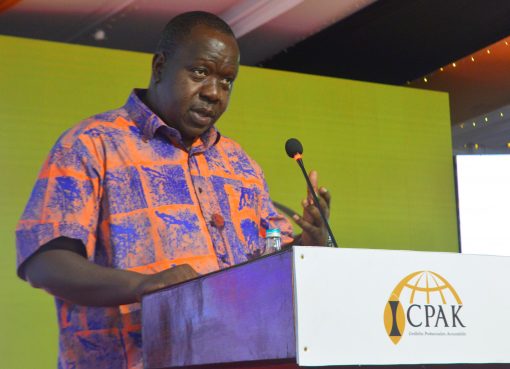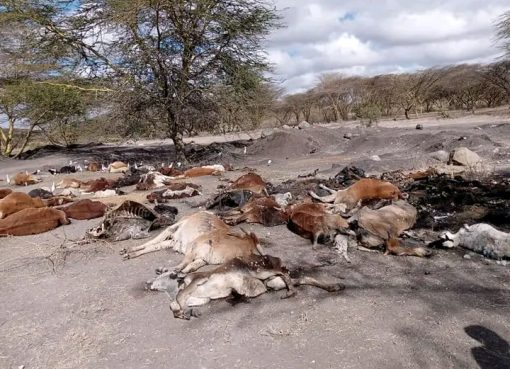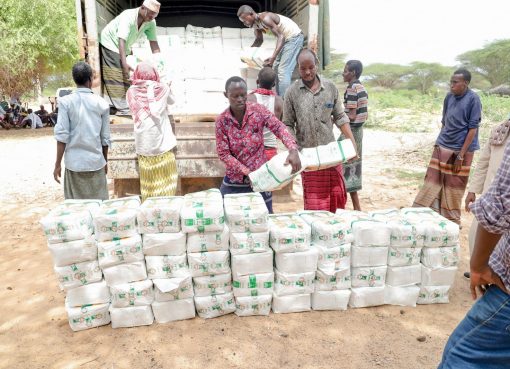A Project Review Meeting aimed at evaluating ongoing efforts to combat Female Genital Mutilation (FGM) took place in Marakwet East Sub County, Elgeyo Marakwet County, bringing together a broad coalition of stakeholders committed to ending the harmful practice.
The meeting, convened by the Centre for Enhancing Democracy and Good Governance (CEDGG), a non-governmental organisation dedicated to promoting democracy, human rights, and social justice, sought to assess the progress of ongoing initiatives and develop improved strategies for preventing and responding to FGM in Elgeyo Marakwet County.
“This meeting is crucial for us to evaluate the effectiveness of the strategies we have in place and to ensure we are making meaningful progress in eradicating FGM,” noted a representative from CEDGG.
The gathering provided a platform for key participants including government officials, community leaders, activists, and survivors to share achievements, challenges, and ideas for the next steps.
One of the central themes of the discussion was the need to refine current interventions to make them more impactful and sustainable, with stakeholders emphasising that while significant progress has been made, there are gaps that must be addressed.
“We must ensure that the strategies in place are impactful and sustainable. We are here today to learn from our successes and confront the barriers that persist in ending FGM in our communities,” said Maxwell Simiyu, the Sub-County Children’s Officer, during the meeting.
To strengthen community education and advocacy, educational and informational materials were highlighted as crucial elements of the awareness campaign against FGM.
These resources have been instrumental in educating communities about the severe physical and psychological risks associated with the practice while also advocating for the abandonment of the practice and offering support for survivors.
“Our objective is to challenge long-held misconceptions and promote advocacy efforts that will lead to the abandonment of FGM. By effectively distributing these materials, we aim to foster understanding and spur action,” added another CEDGG representative.
Community engagement efforts, including intergenerational dialogue forums, have also proven essential. In Kapyego, an intergenerational male dialogue forum facilitated critical conversations on the role of men in dismantling harmful cultural practices.
Speaking at the event, County Woman Representative Caroline Ng’elechei stressed the importance of male involvement in reconsidering traditions that perpetuate suffering.
“It is critical that men, as custodians of cultural practices, begin to question traditions that cause harm and perpetuate cycles of suffering. FGM causes not only physical damage but long-lasting psychological trauma, and it’s time we address these realities,” she stated.
The meeting underscored the importance of collaborative action, with representatives from all sectors agreeing on the need for a coordinated, multi-faceted approach to end FGM.
Participants discussed the importance of building community resilience against cultural pressure while also ensuring that survivors received the necessary medical and psychological support.
The Project Review Meeting is part of CEDGG’s larger effort to deepen community engagement and foster strong partnerships in the fight against FGM. The dialogue and insights shared will be instrumental in shaping future strategies and interventions as stakeholders work.
By Rennish Okong’o





